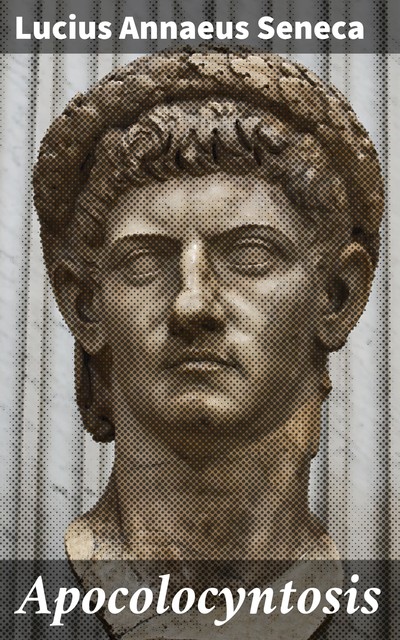In “Apocolocyntosis,” Lucius Annaeus Seneca offers a satirical and poignant examination of the deification of the Roman Emperor Claudius, blending elements of both comedy and tragedy within a unique literary framework. Written in a highly ironic style, this work utilizes vivid imagery, sharp wit, and philosophical reflection to critique the pretensions of power and the absurdities of imperial rhetoric. Set against the backdrop of the early Roman Empire, the text employs the device of a mock-heroic epic, engaging with themes of mortality, hubris, and the farcical nature of divine acknowledgment, as it mischievously imagines the afterlife journey of Claudius following his death. Seneca, a Stoic philosopher and statesman, drew upon his profound understanding of ethics, politics, and human nature to craft this work. His own experiences in the tumultuous political landscape of Rome, including his relationships with various emperors and his eventual forced suicide, inform the sardonic tone and incisive critiques present in “Apocolocyntosis.” This interplay between personal reflection and broader societal commentary reveals Seneca'Äôs deep engagement with the moral and philosophical dilemmas of his time. This text serves as an essential exploration for those interested in Roman literature, philosophy, and history. Readers searching for a fascinating blend of humor and stark commentary on the human condition will find in “Apocolocyntosis” not only an entertaining narrative but also a thought-provoking dissection of the nature of power and its consequences.


